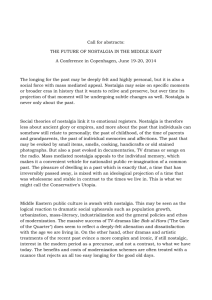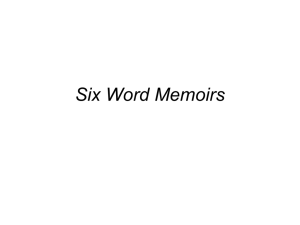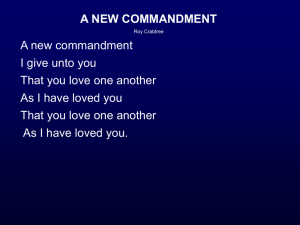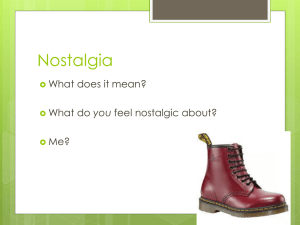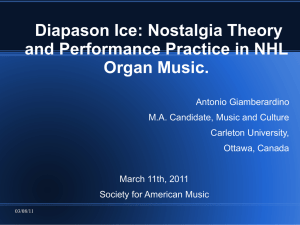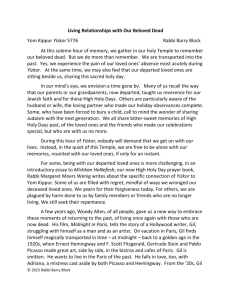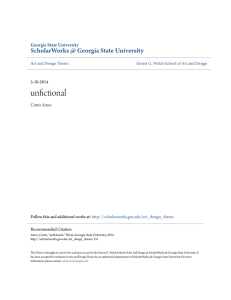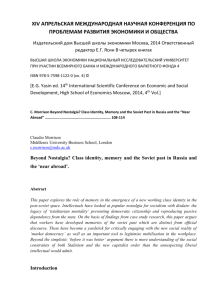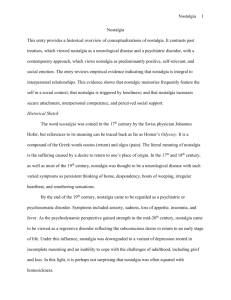Yom Kippur Yizkor 5776
advertisement
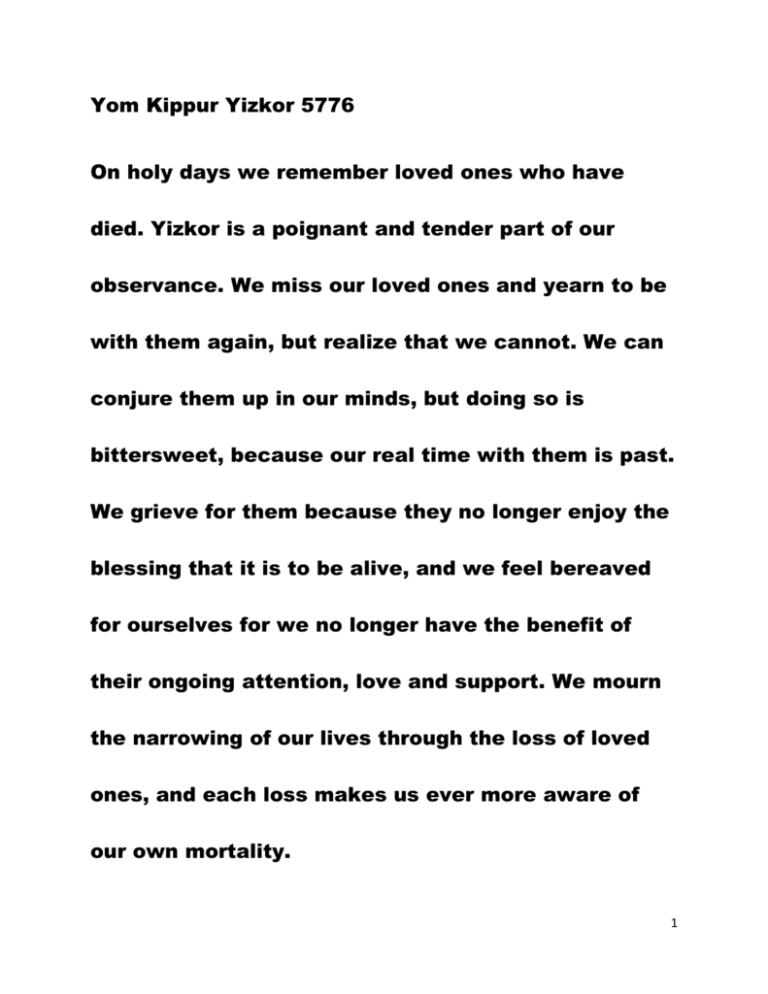
Yom Kippur Yizkor 5776 On holy days we remember loved ones who have died. Yizkor is a poignant and tender part of our observance. We miss our loved ones and yearn to be with them again, but realize that we cannot. We can conjure them up in our minds, but doing so is bittersweet, because our real time with them is past. We grieve for them because they no longer enjoy the blessing that it is to be alive, and we feel bereaved for ourselves for we no longer have the benefit of their ongoing attention, love and support. We mourn the narrowing of our lives through the loss of loved ones, and each loss makes us ever more aware of our own mortality. 1 I rarely read obituaries, but while on vacation in August I came across the obituary of Harvard Professor Svetlana Goldberg Boym in the N.Y. Times. She was a Jewish émigré from the former Soviet Union and a brilliant and prolific scholar of Comparative Literature. What caught my attention was the description of her book “The Future of Nostalgia,” which has a message that is meaningful for us in this time of Yizkor, consecrated to the memory of our loved ones. Professor Boym wrote about the web of memory and mythologizing that underpins the human longing for vanished worlds. She explored these themes from the perspective of someone who left behind the culture and the 2 environment in which she had been raised, but I think that each of us, when our loved ones die or when we endure other significant losses, grieves vanished worlds that we can never reclaim. Dr. Boym grappled with the question of whether a past that has slipped out of reach can be reclaimed by means of nostalgia - and whether it should be. She identified two types of nostalgia. The first, which she called reflective nostalgia, centers on longing and loss, the imperfect process of remembrance. The past can never be reconstructed, and in consequence it fosters empathy which can lead to a bittersweet consolation. The other type of nostalgia Professor Boym described is restorative nostalgia which tries 3 to recreate the past as rigorously as possible through mythmaking. She suggests that it is dangerous when a nation in this way reverts to overzealous nationalism. In a similar way we are sometimes at risk if we over-idealize our deceased loved ones in ways that make it difficult for us to enter into new relationships and to move on constructively with the time remaining for us. Grief is generally a healthy process. It is the continuation of our love for someone we have lost. But we have to take care that nostalgia for the past does not limit our capacity to engage in life going forward. We mustn’t feel guilty about gradually moving ahead with our lives. Survivor guilt helps no 4 one. Let us tenderly remember those we have lost and the lessons, both good and bad, from our interactions with them, so that we may live more effectively and more sensitively going forward. But let us avoid building mental monuments that keep us overly focused on those we have lost. Let us find the courage to continue to live fully, grateful for the loving relationships that death has ended, and with hearts open to respond to those around us today with empathy and lovingkindness. Let us find strength and hope to move forward and to seek constructive fulfillment for ourselves. Surely that is what our deceased loved ones wanted for us, as it will be our hope for those who live on after us. 5 “May our bereavement for our loved ones who are no longer with us lead to an expansion of our compassion for all of life and of our passion for holiness in our relationships.” And let us say: Amen 6

